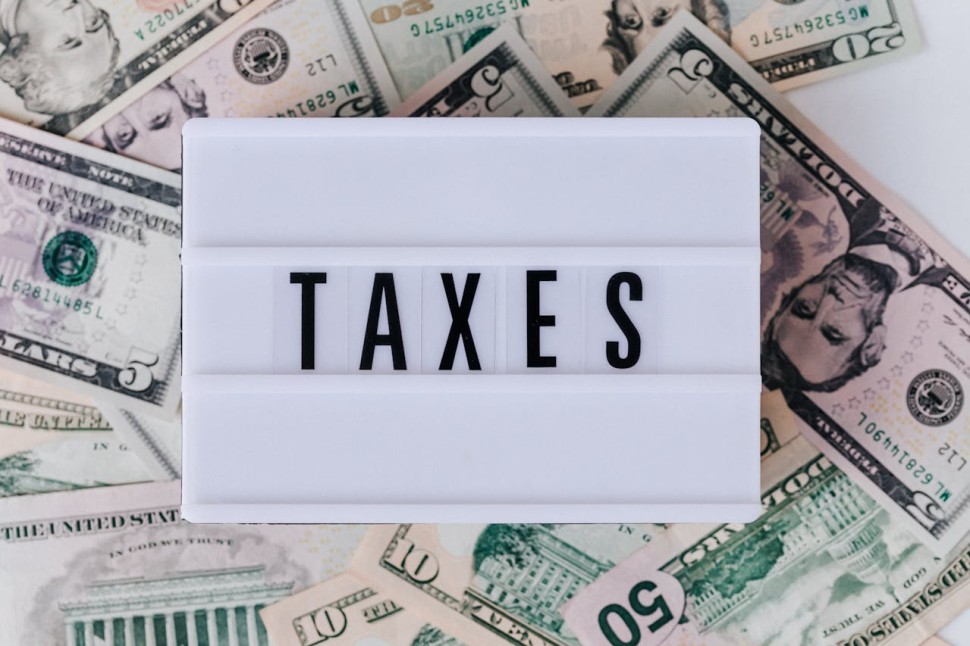IRS Reaches Milestone Recovering $1 Billion in Back Taxes
Tax enforcement has reached a new peak as the IRS has successfully recouped $1 billion in back taxes. Targeted were high-wealth taxpayers who failed to pay their dues. This accomplishment displays the effective deployment of resources provided by President Biden's Inflation Reduction Act. Officials emphasize this effort reinforces the commitment to tax fairness, echoing common citizens who meet their tax obligations.
Taxpayers with income exceeding $1 million and a tax debt surpassing $250,000 were the focus. IRS initiatives cracked down on delinquent accounts and closed off tax avoidance strategies. One such method involved partnership basis shifting, a complex tactic where transferring assets reduces taxable income. Efforts to curtail misuse provided the groundwork for more equitable tax policies, impacting how partnerships and individual taxpayers manage taxes.

Ensuring Equitable Tax Collection Amid Budget Concerns
IRS actions respond not only to improve fairness but also to prepare for potential financial challenges ahead. There's growing concern regarding future budget reductions, potentially brought on by a shift in political control. Illustrating the efficacy of current operations is part of a broader strategy to improve the IRS's public standing. By showcasing their crackdown on high-income tax evasion, there's hope for sustained funding. Despite these efforts, proposals indicate considerable cuts are on the horizon. Budget slashes could reach $1.4 billion through Congress's debt ceiling and budget cuts package. A further siphoning of $20 billion to non-defense programs over two years is also underway.
The discussion extends to the public's interaction with the IRS, with efforts to demystify audits and present a transparent approach. Transparency aims to alleviate the fear and misconception around IRS investigations, fostering a healthier relationship between the agency and taxpayers. However, even with these initiatives, concerns linger about the sweep of IRS audits, affecting not only the wealthy but also those with smaller incomes.
Outlook on Tax Enforcement and Agency Efficiency
Tax enforcement is witnessing pivotal changes as the IRS undertakes these comprehensive efforts. To maintain rigorous standards across all income brackets, transparency and efficiency have become top priorities. The introduction of the Direct File program, aimed at streamlining tax filing, further demonstrates a commitment to modernizing tax administration.
Nevertheless, the road ahead appears uncertain with the proposed resource limitations. Critics argue that an equal focus should be on partnerships not in the high-wealth bracket, considering the majority of audits still impact those under the $200,000 income mark. These concerns highlight the delicate balance the IRS strives to maintain tax fairness while facing possible budgetary constraints.
Could these developments lead to a more balanced tax system, or are they short-lived victories against a backdrop of fiscal challenges? How do these changes in tax enforcement affect your perspective on the IRS? Your insights on these issues are valuable, so feel free to share them in the comments.




